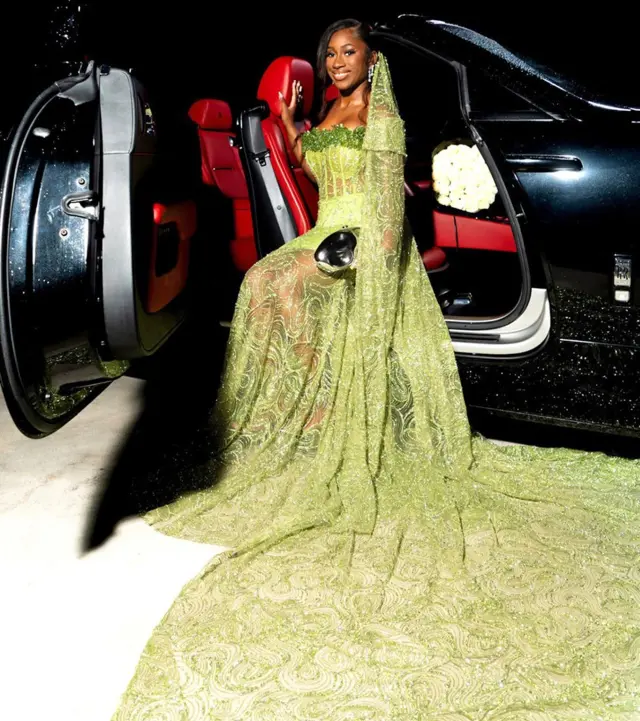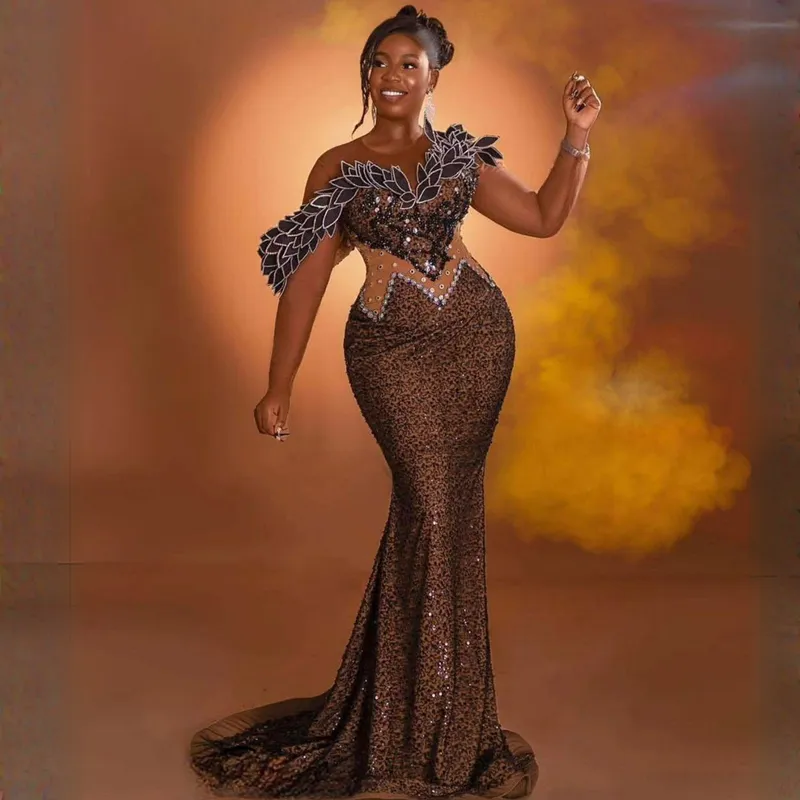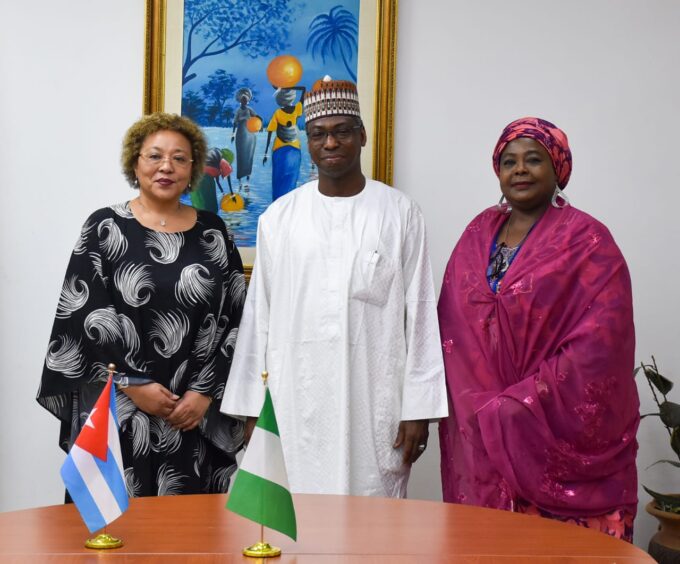When 18-year-old Florida student Brianna LeDoux stepped into her black, sequined, beaded lace gown, she says she felt “like a princess.” The prom dress, specially commissioned from Nigeria, was more than just fashion it was a statement of identity. With Haitian and Dominican roots, Brianna wanted something that reflected her heritage and culture. “I wanted a story I could wear something that said, ‘This is who I am, and this is where my roots run,’” she explained. Her bold choice resonated far beyond her school prom. A TikTok video showcasing her gown went viral, amassing more than 1.1 million views and highlighting a growing movement of US teens turning to African designers for their once-in-a-lifetime event.

High school proms in the US are deeply symbolic social milestones, part red carpet, part rite of passage, and increasingly a showcase of individuality. For many teenagers, it is not just about attending the dance it is about creating a moment of cultural pride, elegance, and self-expression. This trend has fueled an international fashion boom, connecting talented designers in Nigeria and Ghana with young clients in America eager for custom gowns that blend tradition with modern glam.
African prom dresses now range from $600 to $1,000, far more affordable than bespoke gowns in the US, which can start at $3,500. Luxury pieces, rich in embellishments, intricate beadwork, or Afrofuturist inspirations, can climb above $1,500 but are still considered cost-effective compared to American couture. Designers like Shakirat Arigbabu of Keerah’s Fashion Cave in Ibadan, Nigeria, have seen orders skyrocket. This year alone, her team crafted 1,500 gowns for US clients, requiring 60 full-time staff and more than 130 contractors. Similarly, Victoria Ani in Uyo has shipped hundreds of gowns to New York, New Jersey, and California, while Ghanaian designer Efua Mensah reports creating more than 400 dresses this season.
Teenagers describe the experience as transformative. Miami’s Nian Fisher called her emerald gown “unique,” with a dramatic veil and heavy fabric that left her classmates stunned. Memphis high schooler Trinity Foster said her fitted Nigerian gown made her feel “like Disney’s Princess Tiana.” Across the country, Instagram and TikTok have fueled this cultural exchange, with hashtags like #AfricanPromDress now surpassing 61 million views. For designers, Instagram brings steady orders, while TikTok drives global recognition.
The business is not without challenges. Customs delays, courier backlogs, and even the new 15% US tariff on Nigerian imports threaten profitability and accessibility. Some frustrated clients have aired complaints online, though most share glowing reviews, unboxing videos, and viral posts that boost the designers’ reputations. Still, African fashion houses are adapting. Some are shifting toward ready-to-wear models to reduce wait times, while others are experimenting with payment plans to make gowns more accessible to students and their families.
For teens like Brianna, however, the value extends beyond the price tag. Wearing her Nigerian-made gown was not only about elegance but also about identity and pride. “Honestly, if my nails were ugly, my makeup was off, or my hair wasn’t perfect, as long as I was in that dress, I was fine,” she said, reflecting on a night she had dreamed about since childhood. For thousands of US teens, African prom gowns are becoming more than just fashion they are wearable stories, cultural connections, and unforgettable statements of beauty and heritage.














Leave a comment